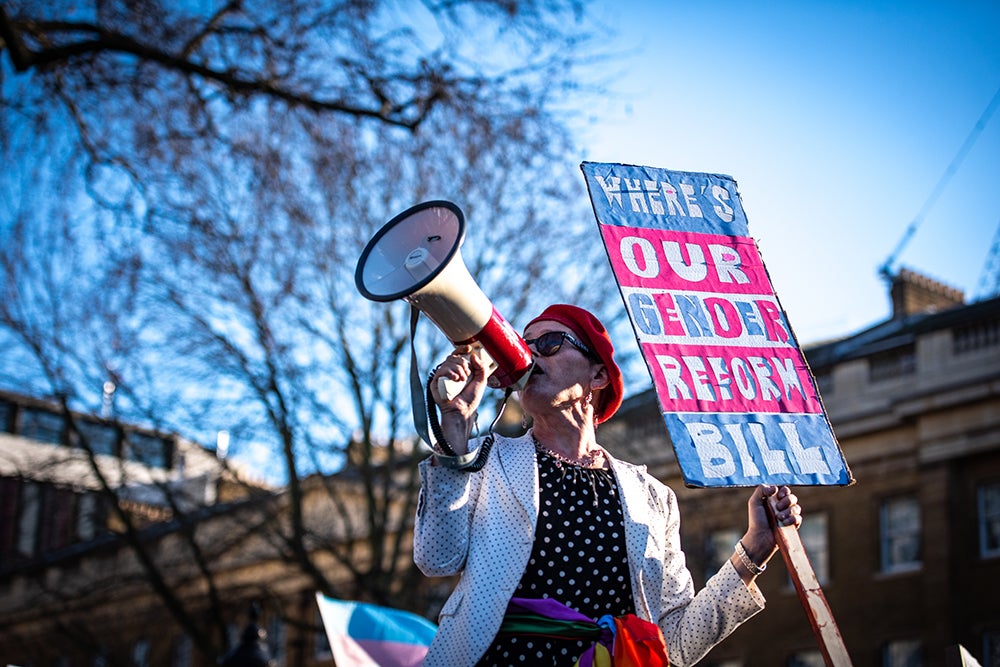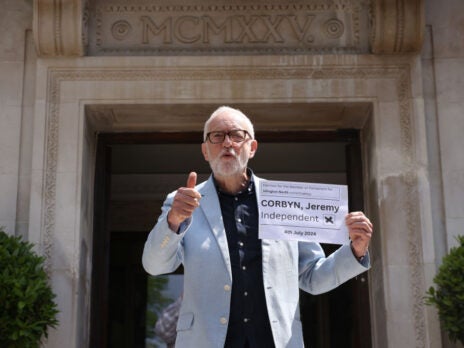
On his regular LBC phone-in show yesterday, Keir Starmer gave a rather exasperated answer to a question about the media’s coverage of trans rights.
“I talk to thousands and thousands of people, and they want to talk to me about the cost-of-living crisis, about the NHS. Almost nobody but nobody is talking about trans issues. And I do sometimes wonder why on earth we spend our time discussing something that isn’t a feature of dinner table discussions.”
The Labour leader isn’t wrong – and the data proves as much. For voters, the cost of living is king. Inflation and the economy rank as the top issues for the public, followed by the NHS in third place and immigration in fourth (the latter up eight percentage points since February but still some way behind).
What drives your vote? For 60 per cent of Britons, it's the economy. For 59 per cent of Britons, healthcare. Immigration drives the votes of just 31 per cent of voters (48 per cent among those that backed Boris Johnson in 2019). Trans rights doesn’t rank.
Last year just 8 per cent of Britons said they paid a lot of attention to trans issues and as many said that trans people face significant prejudice as said the same of disabled people. And those paying the greatest attention to media coverage of trans rights are people who are more supportive of them than opposed.
The people motivated by trans issues at present are not caricatured “Red Wall” voters but those with a personal stake in the subject. Trans people may represent a fraction of the electorate but they know and care about the issue most.
This isn’t to say that most Britons don’t have an opinion on trans rights – most do. But the desperation of some politicians to make it a divisive issue is not registering well with voters. It is not a priority for them and most, in truth, are tentatively supportive of the principle of gender transition.
On the specifics, however, most voters get uncomfortable. Low-attention voters – and on trans rights, this is what the median Brit is – become cynical. Mention changing the law to allow 16-year-olds to get gender recognition certificates and the public are instinctively opposed. Mention toilets and changing facilities and the response is one of discomfort. But remove these factors and the concept of trans rights is one that is broadly supported but which simply doesn’t bother most voters. It is not in Labour’s interests to loudly take a stance on the issue because doing so would involve getting into thornier territory.
To me, the public’s approach to trans rights when it comes to voting feels akin to its approach to the monarchy. It’s a subject with presence and it probably is dinner table discussion. But outside Twitter, who on earth is motivated to vote by the issue of the monarchy?
[See also: Britain Predicts]


